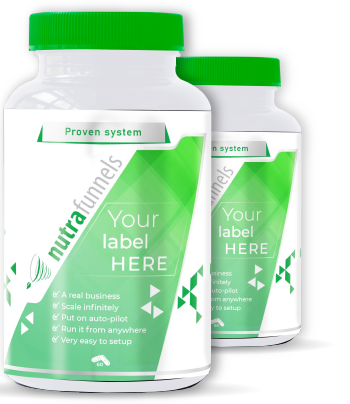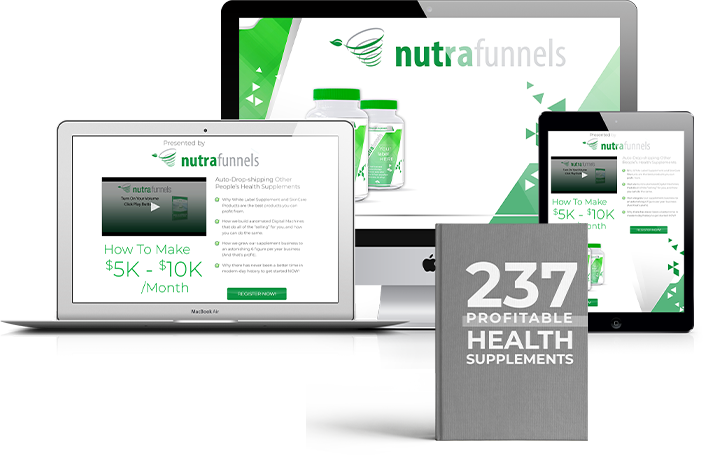White Label versus Private Label



If you have spent any time doing business online you have surely come across the terms white label and private label. You may not know what these terms mean or what the difference between them is. Here we will outline what they are and explain the pros and cons of both.
What is Private Labelling?
Private labeling sounds confusing but really is quite simple. A manufacturer will make a product, and they will sell that product completely unbranded to a company to resell it. That company will put their brand or logo on the product and then sell that product to the consumer. The consumer just sees the branding and doesn’t realize that that brand didn’t actually make the product. This business model works because it allows both the manufacturer and the company to specialize. The manufacturer doesn’t need to worry about branding or marketing; they can focus on making and producing products. The company doesn’t need to worry about creating or storing any products; they can stick to their strength of branding and marketing. The consumer doesn’t know a difference.
Private labelling is typically just physical products. Any physical good that is made can be taken and branded for reselling. Private labelling can also be customizable. Manufacturers may produce a customized product for one company and another unique product for another. Take electronics for example. A product sold in America is going to need a different plug than what is needed in Europe or China; those products are going to be customized for where they are being sold.
Free Training

Ready to build your own wildly profitable health supplement business?” Take our complimentary training by registering below
What is White Labelling?
White labelling is best thought of as next level private labelling. It follows the same business model as private labelling. A manufacturer produces a product, sells that to the company who brands it and resells it to the consumer. The difference with white labelling is that there is no customization process. The product being produced is already researched and the manufacturer knows what is going to sell. The most popular products or products with the highest demand are chosen for white labelling.
White label companies are popular in the software industry. The software being produced is high quality and the manufacturer knows it works. It’s not going to be customized, and the companies are all going to compete to sell the same software. The reason for this is the high capital investment it requires to produce software. It would be far too expensive for the manufacturer to recreate this software for each individual company.
Why reinvent the wheel? You know your product is good and is something consumers want, why change it? That is white labelling.
So what is better for your business private labelling or white labelling? Here a few pros can cons to consider.
Private Labelling
Pro #1 Customization
The biggest pro of private labelling is the customization process. You get to make your own, use your own formula. No one knows your customer base like you do. You’re on the front lines selling directly to the consumer; you know the trends and what the consumer wants. You are able to relay that to the manufacturer to get exactly what your consumers want.
Pro #2 Control
That control you have over the manufacturing process is a huge pro to private labelling. Because of the customization you control what you are selling. There is no miscommunication or confusion as to what you are selling. If something isn’t produced the way you want it, you have the control to change it.
Con #1 Expensive
Whenever you customize anything it’s going to cost you more. Take buying a car, you can buy a car off the lot and it will be one price. The minute you start customizing it, paint job, tinted windows, the wheels have to be a certain kind, heated steering wheel etc. the price starts to climb. Same applies to private labelling. Once you start tweaking and adjusting a manufacturer’s product, they are going to increase the cost. You have to be certain that the customizations you are making are worth the price increase because if not, consumers will take their business elsewhere leaving you stuck with a bunch of product and ultimately losing money.
Con #2 Unproven
Once you change or customize a product, you are bringing a new product to the retail world. The product is unproven and you have no idea how consumers will react. You know your clientele and have done the research so you expect your customized product is going to work, but until it’s out there on the shelves (metaphorically speaking), you have no idea.
Con #3 Minimum Orders
Because your customized product is unproven in the market, the manufacturer isn’t going to produce just one for you to try out. They are not going to risk losing money on your hunch or idea. They require a minimum amount to be ordered. This ensures that the manufacturer gets paid if the product flops, and forces companies to think hard and do the proper research before they start customizing. Again even if you do all the research there is still the risk that the product flops, leaving you stuck with unsellable inventory.
White Labelling
Pro #1 Everything is pre-made and readily available
With white labelling the product is already being produced and is always available and ready to go. You don’t need to wait and do the whole back and forth in customization. Since the product is being mass produced it comes at a much cheaper cost. Back to the buying a car analogy, if you see a lot with 30 blue sedans they are going to be much cheaper than that one of a kind sports car. White labelling is the same thing. The manufacturer produces so many products that you can buy in bulk, giving you a cheaper unit cost, which means you can offer a better price to your consumers and giving you more sales and more money in your pocket.
Pro #2 Product is already market tested
The product is already something that you know is going to sell. The market research has been done, you just need to get your logo on there and sell it. You are relatively risk free, you are not going to run the risk of having a bunch of inventory that you can’t sell or have to sell at a significant discount. This is especially good if you are just starting out. If your expertise or experience is limited, it’s reassuring to know that the product you are buying is one that you are going to be able to resell.
Pro #3 No upfront minimums
Since this product is always being manufactured most suppliers won’t require you to order a minimum amount. You can order exactly what you need all the time. This is perfect for those who use drop shipping suppliers. Without minimums you can drop ship on demand. You don’t need to wait to get 10 orders in, as one order comes in you can drop ship it out. This cuts down significantly on delivery times for your customers, giving you a good chance for repeat business.
Con #1 No customization or control
This is the big reason why someone wouldn’t want to go with white labelling. They can’t customize their product or their formula and are stuck with whatever the manufacturer goes with. You have no control over what goes into your product; you are at the mercy of the manufacturer. This can be frustrating for a lot of people as they may know something about the product or have a good idea to tweak and improve it. But since they have no control their ideas can’t be seen through.
Con #2 May not feel as passionate
With the customization completely out of your hands, some may find themselves less passionate about the product. When you create something that is your own, you are going to be more connected to that product and really believe in it. You are going to be motivated to sell that product and to show your consumers just how good of a product you designed. When that is taken away that passion could slide away. If you are not as passionate or motivated it could easily affect your drive, resulting in fewer sales and ultimately a less profitable business.

